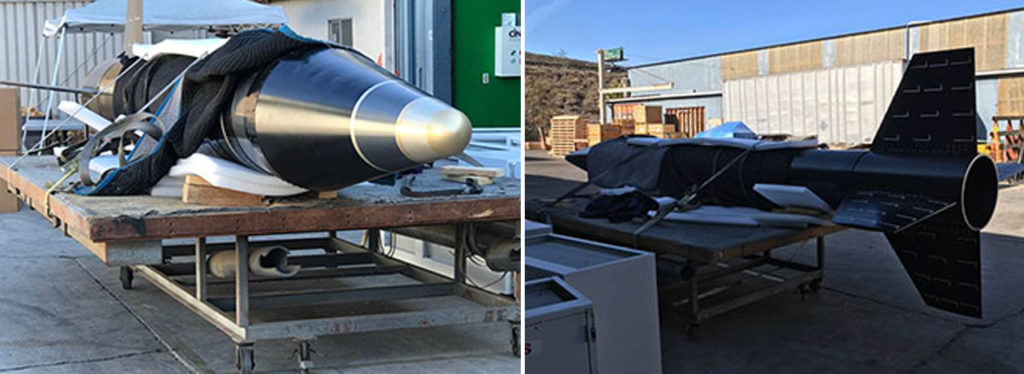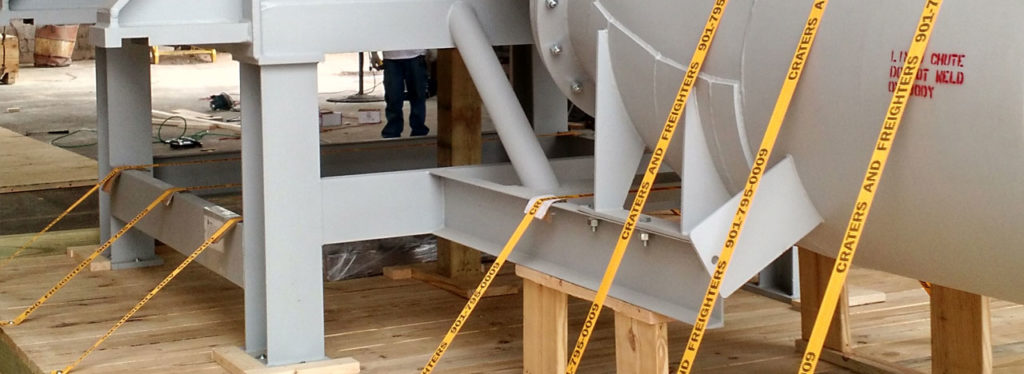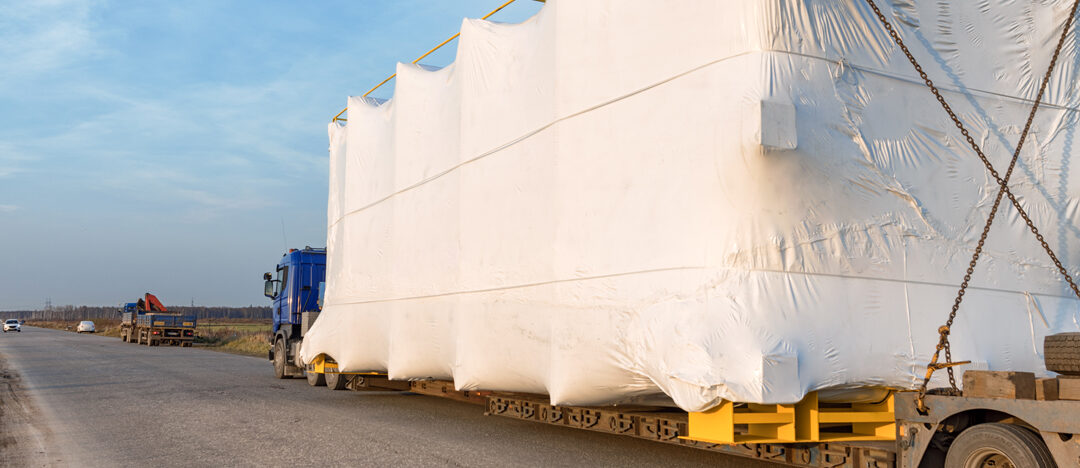Typically, with large, heavy equipment and machinery there is also a large financial investment. Consequently, it’s crucial that these valuable assets are crated and transported properly and carefully. That means effective heavy equipment transportation requires more than simply placing items on a truck and strapping or chaining them down.
Expert industrial equipment movers understand that there are questions that have to be answered and a process that must be followed to ensure that items make it from their point of origin to their destination undamaged and on time. Not every company with the ability to haul large assets has the background in machinery crating, blocking and bracing necessary to execute an uneventful move.
And, of course, when it comes to heavy equipment transportation, the “shake test” you might use to see if the contents of a box you are mailing are properly cushioned isn’t really an option since the item to be transported weighs many hundreds or thousands of pounds!
Assessing Your Equipment or Machinery Asset for Crating and Shipping
A good starting point for equipment and machinery crating and shipping is to gather the people in your organization who understand the item best and ask them key questions about the project. This includes:
- Can the item be broken down into smaller components for shipping? If so, should it be, or does that create more problems than it solves?
- If the item will be disassembled and reassembled at the destination site, who will perform that work?
- Are there actions that must be performed to address the safety of the item or the people who handle it? For example, are there batteries that should be removed or fluids that should be drained?
- Does the item need to be transported in a closed container, or can it tolerate exposure to the elements?
- Will any modifications be needed at the site where the item will be installed or stored? This might include things such as removing doors or wall sections to allow for the item to be moved inside.
- How much time is needed to make the machine or heavy equipment operational at the destination site, and how does that affect the shipping timeline?
- What does the item weigh and what are its dimensions?
- Do the item’s dimensions mean that it is considered an “oversize load” by any of the states or countries through which it will be transported?
- Is there anything else the crating, packaging and shipping logistics company will need to know to safely transport the item? For example, does the item’s manufacturer have recommendations for crating or packaging it?
Once these questions are answered, you’ll have a good understanding of the scope of your heavy equipment transportation project. As the shipping date approaches, it’s also important to keep an eye on the weather forecast and how it might affect travel conditions.

Reviewing the Rules and Regulations for Heavy Equipment Shipping
Your specialty crating and shipping company can help you understand the laws governing your shipment and whether any special permitting will be required. However, it’s a good idea to do some of your own research as well, especially if you haven’t shipped machinery and heavy equipment before or recently.
Different jurisdictions have different rules and regulations regarding moving large items. They have these laws in place because shipping machinery and heavy equipment can be dangerous, and cities and states want to protect their property, including the roadways your shipment will travel on and the overpasses it will travel under.
Choosing a Specialty Crating and Shipping Logistics Company
As noted above, the transporting of items like manufacturing equipment, farm equipment, bulldozers and other earthmoving machines or any especially large asset isn’t something that just any shipping company can do. In fact, many companies will wisely decline the job if it’s outside their capabilities.
In researching industrial equipment movers, you should look for one that has expertise in some or all of these areas, as needed for your job:
- Designing and building custom crates, pallets and skids
- Producing one-of-a-kind or production-run containers
- Rigging and other specialized services
- ASTM and MIL-Spec standards
- ISPM 15 export crates and container loading
- International shipping, including knowledge of all the required customs documents and a global network of contacts
- Large asset pickup and delivery
- Shipment tracking and problem resolution
You also want to work with a company that can assist you in securing insurance coverage if needed.

Once you have a “short list” of providers, contact each to get a quote. Then, as you review the estimates, look for the balance of expertise and cost that makes the most sense for your project, keeping in mind the potential consequences if an asset is damaged or destroyed in transit. You should also ask for references and reach out to those people to learn about their experience.
Equipment and Machinery Crating and Shipping: Planning is the Key
As huge as a jet engine, crane or industrial furnace may seem as you look up at it, shipping the item doesn’t have to be difficult. In fact, the process shouldn’t be significantly different from shipping any common business asset.
You simply have to be methodical in how you prepare for the move and vet and select the crating and shipping company you want to partner with on the project. That company should help you put together a detailed shipping strategy, and once you’ve checked all the boxes, you can sit back and wait to receive confirmation that the item has arrived safely at its destination.

